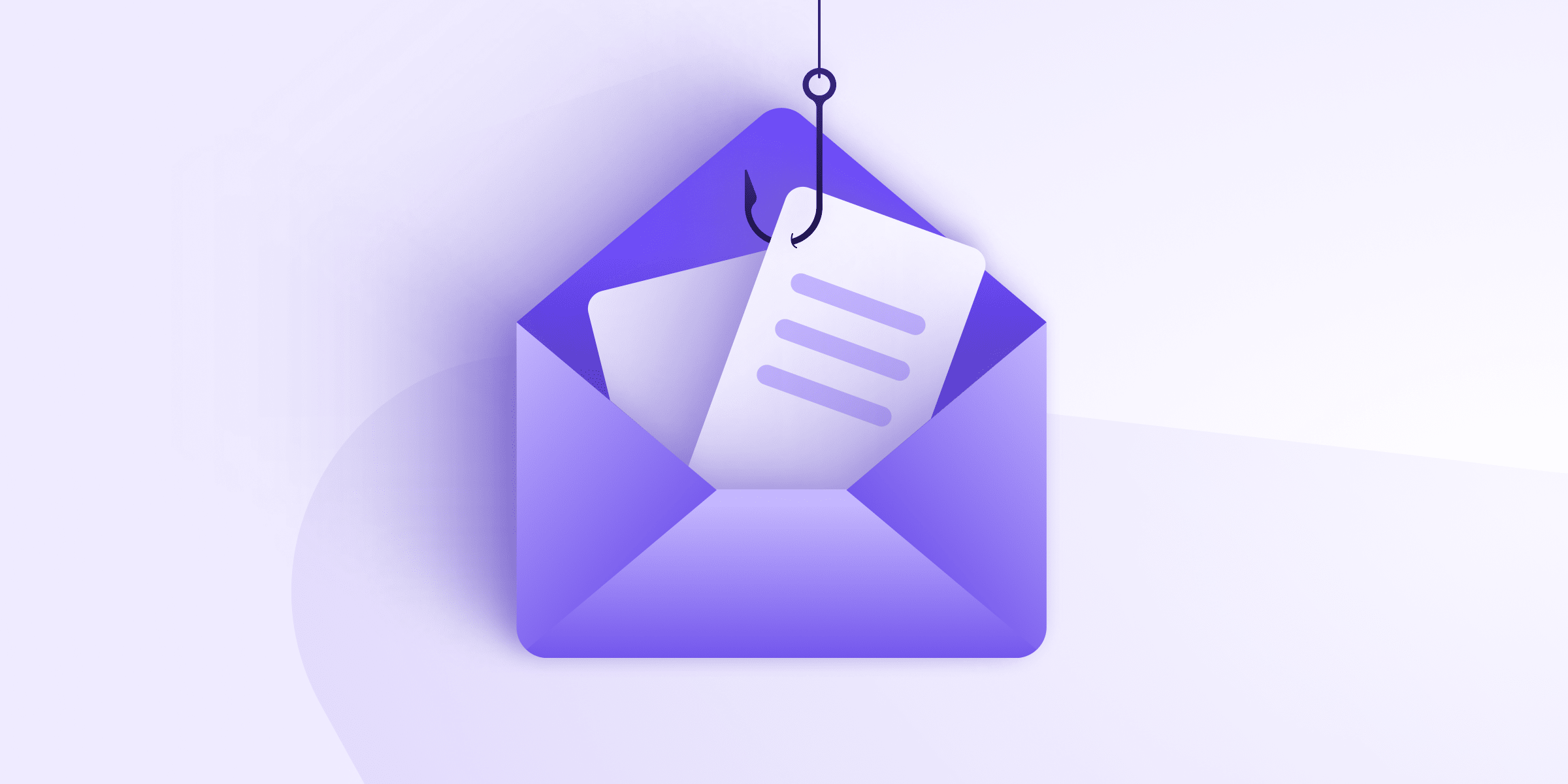Last year, Big Tech companies (Alphabet, Amazon, Apple, Meta, and Microsoft) received about $3.04 billion in fines for breaking laws on both sides of the Atlantic. As of seven days and three hours into 2024, they had already earned enough revenue to pay it all off.
A little over a week of operations is all it would take if the companies tackled their fines one after another. If they each paid their fines simultaneously, Meta would be the last to finish after five days and 13 hours.
This shows how insignificant these fines are for companies whose revenues are often larger than countries’ GDPs. In fact, 2023 was the second straight year these five companies were fined over $3 billion(new window), showing that they view fines as nothing more than the cost of doing business.
This also assumes these companies act in good conscience and pay their fines promptly. Unfortunately, there’s no late payment penalty for Big Tech — and they often delay for years. It’s just another instance of Big Tech using its overwhelming revenue to bend or avoid the rules that govern the rest of us. Clearly, the current remedies for antitrust and privacy breaches are not having the desired effect.
Big Tech annual revenue dwarfs total fines
We published an article(new window) in August 2023 showing that the fines Big Tech companies received by that point in the year, some $2.3 billion, were inconsequential compared to their income. We thought it would be good to revisit those figures at the end of the year. We’ve calculated the average revenue earned per hour for each company using the latest figures reported. (We explain the sources we used for calculating this table at the bottom of this article.)
| Company | Revenue earned per hour | How long it takes to earn $1 billion |
|---|---|---|
| Alphabet(new window) (for the first three quarters of 2023) | $33.74 million | 1 day, 5 hours, 35 minutes |
| Amazon(new window) (for the first three quarters of 2023) | $61.79 million | 16 hours, 10 minutes |
| Apple(new window) (for the fiscal year ending Sept. 30, 2023) | $43.75 million | 22 hours, 50 minutes |
| Meta(new window) (for the first three quarters of 2023) | $12.89 million | 3 days, 3 hours, 35 minutes |
| Microsoft(new window) (for the fiscal year ending June 30, 2023) | $24.19 million | 1 day, 17 hours, 20 minutes |
We also included fines these companies received in 2023 in the months after our article was published, such as a $700 million settlement in a case against Alphabet (Google) for how it illegally blocked competition on the Google Play Store(new window) that came out in December.
The updated table below shows the 2023 fine totals for each company, along with how long it would take them to pay off those fines with their 2023 average hourly revenue.
| Company | 2023 total fines | Time to pay off fine |
|---|---|---|
| Alphabet | $941 million | 1 day, 3 hours, 55 minutes |
| Amazon | $111.7 million | 1 hour, 50 minutes |
| Apple | $186.4 million | 4 hours, 15 minutes |
| Meta | $1.72 billion | 5 days, 13 hours, 25 minutes |
| Microsoft | $84 million | 3 hours, 30 minutes |
| Total fines | $3.04 billion | 7 days, 3 hours |
Alphabet (Google), Amazon, and Meta (Facebook) don’t release their annual financial statements until the beginning of February, so we calculated the average revenue per hour using the revenue they reported for the first nine months of 2023 in their September 10-Q report. We then divided that amount by 273 (the number of days in a year through Sept. 30) and then divided the resulting amount by 24 to reach the hourly average.
Delay, delay, delay
Big Tech companies can further water down the potential sting of these fines by delaying payment for years(new window). They’ve done this by filing appeals, counter-suing, or simply refusing to pay. Some notable examples include:
- Amazon continues to contest its $886 million fine from the Luxembourg DPA in 2021(new window).
- Google somehow still arguing against $8 billion in antitrust fines from the EU in 2017(new window), 2018(new window), and 2019(new window).
- Google telling the Indian government that it simply refuses to pay their fines(new window).
Every company has the right to appeal, and privacy abuses and antitrust cases are notoriously complicated and often governed by laws that were written well before the internet was invented, meaning a great deal of interpretation is necessary. Still, it’s not a sign of a functioning justice system for appeals to take such a long time while people continue to suffer data abuses and unfair high prices. Those with the deepest pockets can often drag out litigation well after it’s clear they have no chance of winning, taking time and resources away from regulators’ efforts to create a level playing field in the market.
Weak fines are not a deterrent
These paltry fines aren’t helpful if you think a fine should function as a punishment for poor corporate governance or an incentive for companies to change their behavior. If a company can pay off a fine with less than a week’s revenue or avoid paying it entirely for half a decade, then it won’t cause executives to tread cautiously.
For example, despite Meta racking up nearly $2 billion in fines and Google nearly $1 billion, both Mark Zuckerberg and Sundar Pichai remain secure in their CEO posts. While other CEOs might be ousted immediately if their companies were fined billions of dollars year after year, investors and board members are willing to accept them at Big Tech companies because $1 billion represents less than 1% of these company’s total revenue. They view these fines as nothing more than the cost of doing business under the surveillance capitalism business model. And as their balance sheets show, business remains good.
This is important because the internet has become one of the most (arguably the most) important pieces of global public infrastructure the world has ever seen. It connects billions of people to their friends and family, to gainful employment, to entertainment, to essential information, and more. Despite how essential it is to the global economy and society, governments around the world have allowed Big Tech to bend the internet to their will.
Big Tech believes the internet belongs to them, that they can use their size and wealth to gather people’s private information with impunity(new window) and block people from choosing competitors(new window) that might offer more privacy.
We all must fight for a better internet
Big Tech knows people want privacy. It’s why Google(new window) and Apple have launched major ad campaigns talking about how they give you control of your data. However, if you look at the features they’re producing, they continue to search for new ways to collect people’s data, from launching metaverses(new window) to following your activity in other apps(new window), showing they aren’t taking regulators seriously.
If we want to take back control of the internet, several things must happen.
- First, governments must combat Big Tech. They must impose fines that get Big Tech’s attention for breaching user privacy and locking competitors out of the market.
- But fines can only be part of the solution. Regulators, armed with strong antitrust legislation, must strongly challenge mergers that create massive monopolies. They must encourage competition and empower people to choose the service that is best for them.
There are several opportunities for legislators to empower regulators to ensure fair competition and protect people’s rights in the coming year, such as with the Digital Markets, Consumer and Competition Bill in the UK that’s currently going through Parliament. Similar legislative initiatives have started in South Korea and Japan, as well.
But until governments step in, you must protect your information yourself. If you remove your personal data from Big Tech’s reach, not only are you protecting your privacy, you’re also depriving Big Tech of the ability to sell targeted ads.
The best way to protect your information from Big Tech is to use end-to-end encrypted services. You can sign up for Proton today for free and join the over 100 million people who use our encrypted services to protect their emails, schedule details, photos and files, online browsing(new window), and passwords and online identity.














